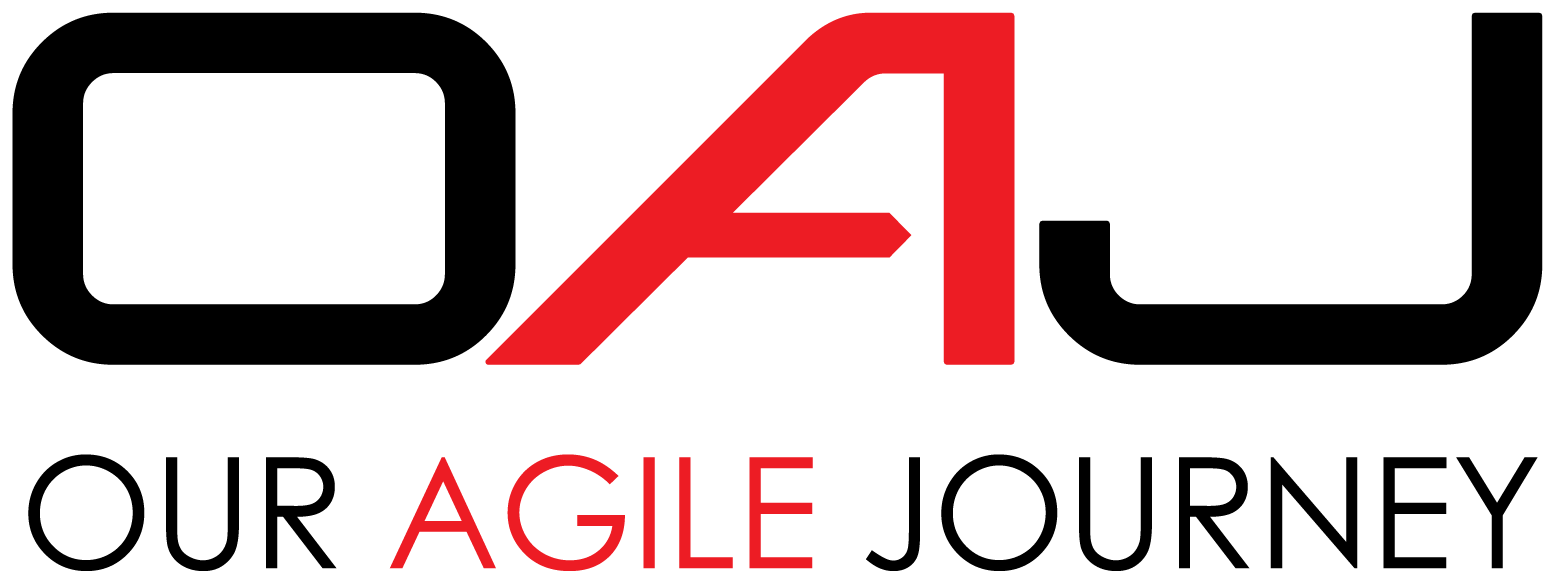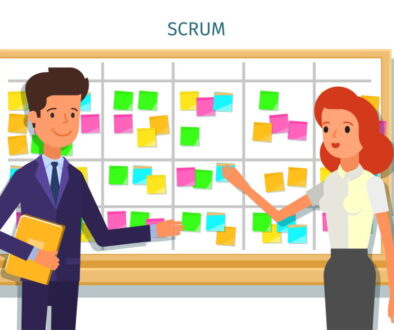Cross-Functional: Teams vs Individuals
Last week I was reading through some old posts on Scrum in preparation for my PSM exam. One on Ken Schwabers blog caught my attention. I will not pretend to know more than Mr. Schwaber about Scrum or Agile. I did pose a question with some explanation to my thinking in the comments. I have expanded on that comment here and would love to know what other people think about it.
Is it notable that the text is “Cross-functional teams have all competencies needed to accomplish the work…” verses “Cross-functional individuals having all competencies needed to accomplish the work make up teams…”? I believe it is.
I think when it comes to this part of Scrum teams people really like to try driving home the point that a Development Team is comprised of people all sharing the title “Developer” with “no sub-teams … regardless of particular domains that need to be addressed…” While that in and of itself is not a problem, often the message is twisted to all people on the team having all necessary skills. I don’t believe the intent of this singular title is that all people on the team must be able to do all work that the team gets. My thoughts are supported by the text “Individual Development Team members may have specialized skills and areas of focus…” The final part of that section is what really should be focused on: “… accountability belongs to the Development Team as a whole.”
The team is cross-functional. The title “Developer” could just as easily have been defined as “Team Member.” In fact, that may be worth looking into. Just as a rugby team is filled with individuals that have different talents but succeeds or fails together so to the Development Team is filled with individuals with different talents that succeeds or fails together. Just as every “Rugby Player” on a team is not doing the work of a Left Wing not every “Developer” is going to do the work of, well, a developer.
Cross-functional synergy doesn’t mean every person on the team is going to write code, clarify requirements, and build UIs. It does mean that everyone on the team will work together. They will all use their best skills to the best effect possible in pursuit of the definition of done. (I learned this as “aces in their places” what feels like a lifetime ago.)
That said, a truly high-performing team’s individuals may become cross-functional. If the team can truly get to a point of owning the sprint as a whole versus as individuals they will become willing to do whatever work, as individuals, is needed to get the sprint done. This is that rare performing part of Tuckmans group dynamics model. It may even be that seeing individuals breaking into new roles within the team is an indication that the team is moving past norming.
This is a goal of Scrum, and to a lesser extent Agile in general. To get here the organization must be not only supportive, but involved. For example, to get a team to truly shed their individual plan for team goals they need to be evaluated as a team and not individuals. In most organizations this is a big change. Of course, in most organizations Agile and Scrum are also big changes.
At the end of the day whether the people on a team are cross-functional or not has less importance than the team itself being cross-functional. The team needs to be able to move any and all backlog items from their current state to Done as per the Definition of Done without relying on outside parties. This is the basic meaning of a cross-functional team. Anything greater is a bonus.




November 29, 2015 @ 7:18 am
You nailed it down. Before preparing for PSM, I was thinking what everybody believed. Cross functional means each individual is multi skilled. Then I saw this definition in scrum guide. In the first glance, it didnt get to my mind.
Later I saw that the some of the dicussions in scrum.org expert forum clarified more on what is cross-functional – which is – the team having all skills to complete the work as per definition of done.
I got a very direction explanation from the book scrum narrative and psm exam guide:
Here is an excerpt from that ebook:
“The idea of CROSS-FUNCTIONAL team
A team is cross functional when it has all the skills needed to complete the Sprint backlog work per Definition of “Done”. They should not need any external help in completing their Sprint work.
An individual can be cross skilled, but that is not mandatory.
A Development Team may contain all specialists needed to achieve the Sprint goal. For example, there could be Programmers, Testers, UI modelers, Architects, Technical documenter, etc. But there is NO special role name for any of them. Irrespective of their field of specializations, every one of them is called as Development Team member
While the specialist should identify them as part of team, and learn additional skills to collectively deliver on Sprint goal, there is no barrier to personally enhance their vertical competencies and keep specializing.
For example, a team member with architecting skills could be added if the work requires that skill. Though this team member would contribute to the architectural aspects of the effort, he or she along with the entire team is responsible for the progress of collective Sprint goal, and is expected to help the team to reach that goal. In that process, this team member may enhance their skills to become cross functional too. “